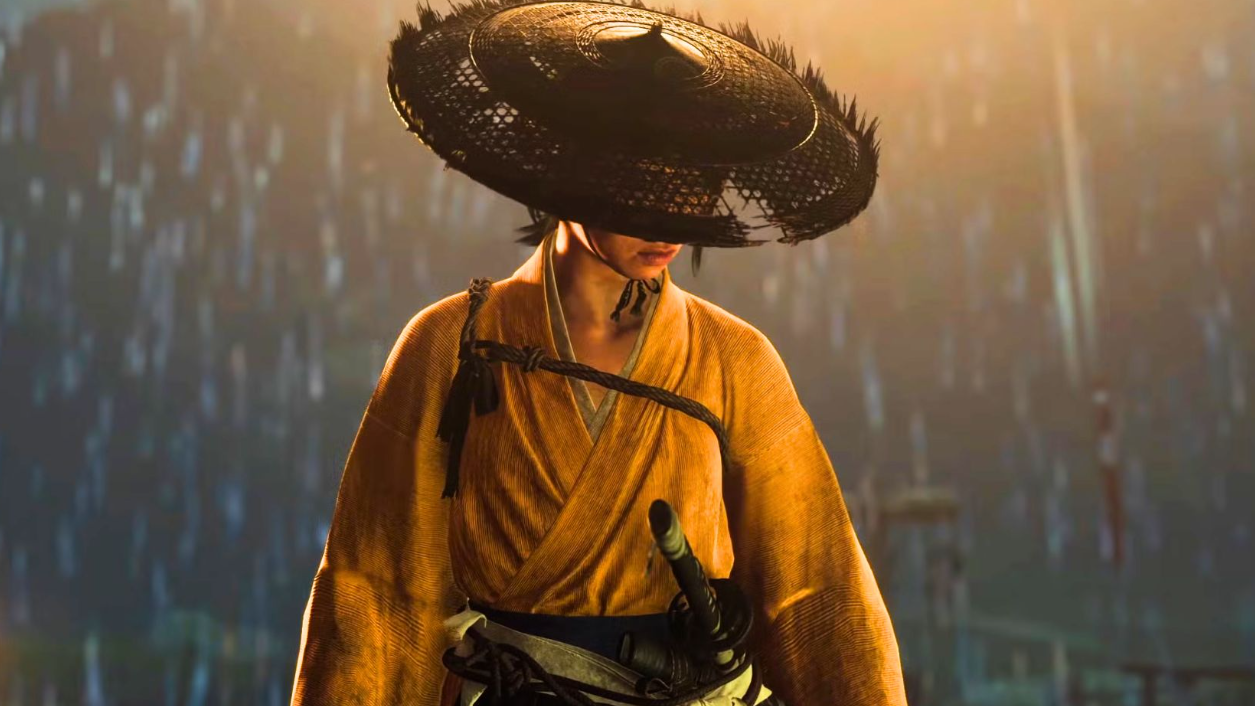Ghost of Yotei arrived with real momentum and equally real culture‑war noise. In the months before launch, calls to boycott the game spread across forums and social feeds. The spark was creative change — a new protagonist — and two separate flashpoints outside the game itself. Here’s what actually happened and what impact it had.
What triggered the boycott calls
Three threads fueled the backlash:
| Flashpoint | What happened | Why it drew heat |
|---|---|---|
| New protagonist | Sucker Punch moved from Ghost of Tsushima’s Jin Sakai to Atsu, a female ronin in 17th‑century Hokkaido. | Some labeled the change “political,” arguing a woman samurai was agenda‑driven rather than story‑driven. |
| Lead actor harassment | Voice actor Erika Ishii became a target of online harassment tied to her public activism. | Critics folded this into wider complaints about “wokeness” and casting. |
| Developer firing | A Sucker Punch developer was dismissed after joking about Charlie Kirk’s death in a social post. | Right‑leaning posters condemned the initial joke; left‑leaning posters criticized the firing — producing boycotts from both directions. |
What’s actually in the story Sucker Punch shipped
Atsu isn’t a reskin of Jin. The character is built around a vengeance arc rooted in Japanese folklore: she mirrors the onryō — a vengeful spirit able to harm the living — which reframes the series’ ghost motif through a different lens. Her pursuit of the Yotei Six is set up by explicit trauma in childhood, including the murder of her parents and being left to die on a burning ginkgo tree.

Even with the shift in setting and lead, the narrative keeps to familiar territory for the series: hard choices around honor, survival, and sacrifice, delivered through a large open world, cinematic presentation, and flexible combat.
How the boycott played out online
The push to “not buy” coalesced in long forum threads, meme‑laden posts, and factional infighting. One camp framed Atsu and Ishii as symbols of unwelcome politics; another camp argued the studio’s response to the developer’s post was wrong and deserved a consumer response. In practice, this amounted to a lot of attention, which often has the opposite of the intended commercial effect for big releases.
Did the boycott change sales momentum?
Early data points suggest it didn’t. Ahead of launch, Ghost of Yotei topped PlayStation Store pre‑order charts in multiple regions and led Amazon UK’s pre‑order rankings. That kind of cross‑store performance indicates broad demand despite the controversy.
Hard sell‑through numbers typically arrive after launch windows, but the pre‑release picture was clear: the online uproar didn’t suppress anticipation at scale.
Why the backlash didn’t move the market
- Franchise equity: Ghost of Tsushima built a large, positive audience; many players were ready for the next entry regardless of social feed drama.
- Quality signals: Early reviews consistently highlighted the world design, combat depth, and a well‑drawn lead — useful cues for undecided buyers.
- Asymmetric noise: Vocal threads can create the sense of a groundswell that doesn’t reflect broader purchasing behavior.
The creative choice behind Atsu, beyond the talking points
Focusing on Atsu reorients the “ghost” concept around folklore, not just stealth. Tying her methods and psychology to onryō mythology gives the game room to remix systems and tone without discarding the series’ identity. It’s a different lead, era, and island, but it’s still a story about the costs of vengeance and the lines people cross to protect what’s left.

What to watch next
Expect firmer signals once platform‑holder reporting and regional charts post their first full weeks. The more interesting question isn’t whether prelaunch boycotts work — big games rarely live or die by them — but how players respond to Sucker Punch’s shift in perspective once they’ve lived with Atsu’s arc.

